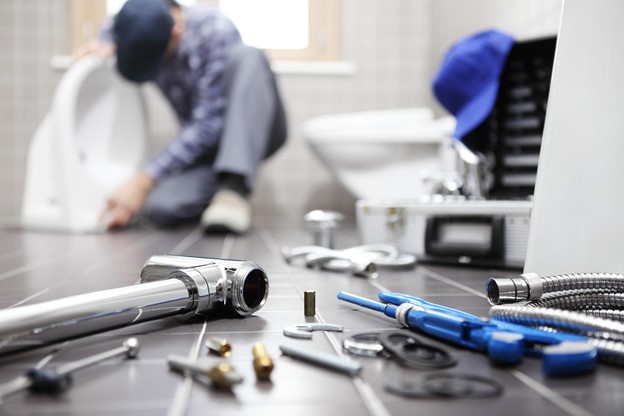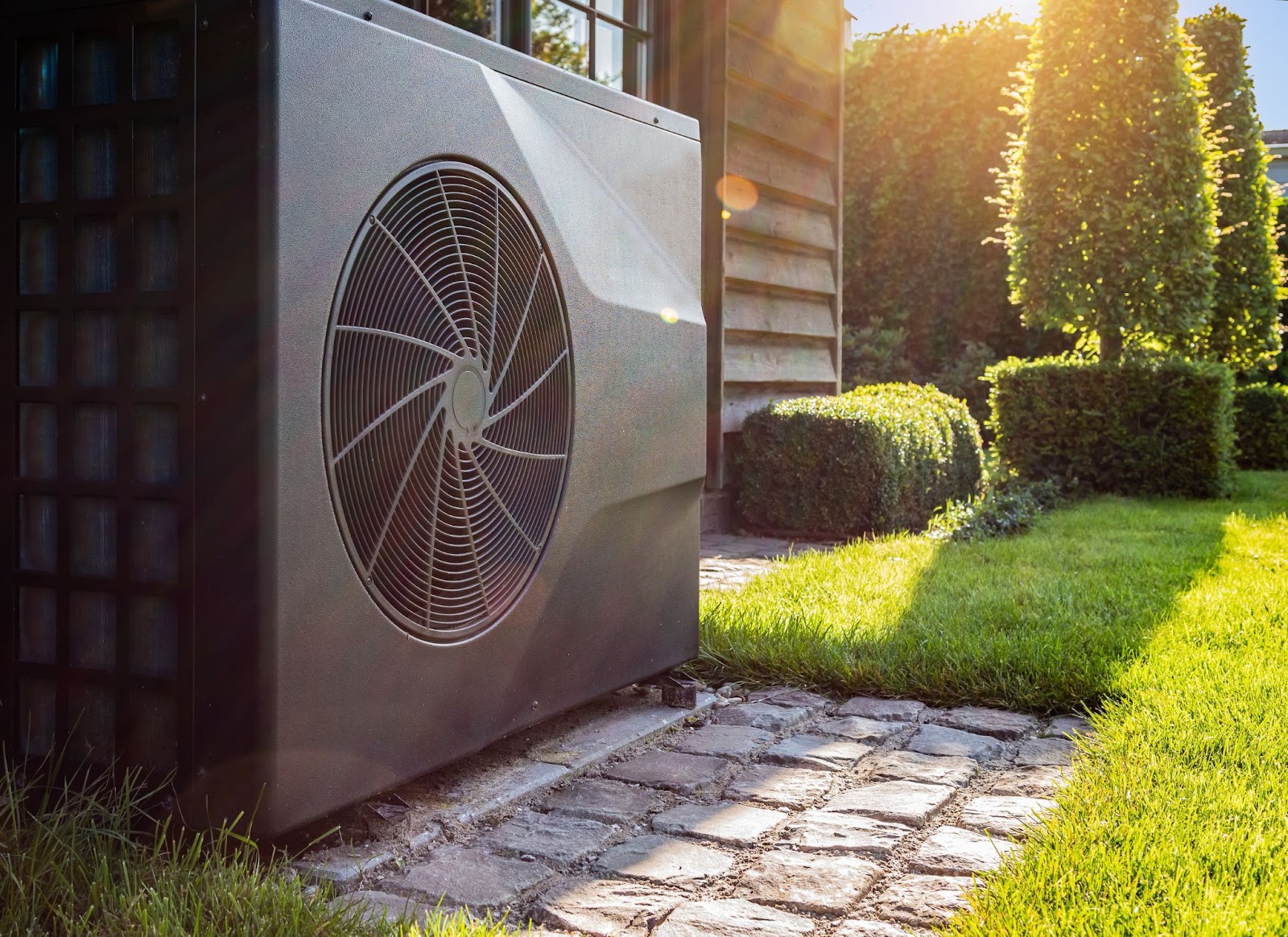Can you imagine a modern city with millions of people without access to safe drinking water, bathing water, a properly built sewage system, ventilation and heating? Now, hold that thought for a while and imagine yourself not having access to those privileges. You can not imagine yourself without it, can you?
Thanks to plumbing, you no longer have to worry about where to get drinking water, how to take a shower, where to dispose of your dirty laundry or toilet wastewater, and how to keep your home lovely and warm.
Today, let us spend a few minutes and take a closer look at plumbing and all the things that you need to know about it.
What is plumbing?
Plumbing is a system of fixtures and pipes installed in a home, building or city for the convenient distribution of potable water and proper disposal of sewage. To make this distribution and removal system work as it should, various plumbing fixtures are installed throughout a home, building or city. These are not only applicable to taps, showers, sinks, bathtubs and toilets but also with devices like drinking fountains, dishwashers, water heaters, washing machines, and rubbish disposal units.    Â
The pipes and fixtures used in plumbing should also be durable, non-corrosive and strong enough to withstand daily usage and exceed the expected lifespan of a home or building to which they are installed.Â
Plumbing fixtures are made with different materials. Sinks, urinals and toilets are usually made of china, porcelain, stainless steel, steel or glazed cast iron. Water pipes are mostly made of plastic, brass, steel, copper or other nontoxic materials. Sewage pipes are usually made of durable materials like copper, steel, cast iron or asbestos cement.Â
What are the different types of plumbing systems?
As we have mentioned earlier, plumbing has two major purposes. The first purpose is to distribute water for daily use and the second purpose is to properly dispose of wastewater. Plumbing systems have three main types; potable water system, sanitary drainage system and stormwater drainage system.
The potable water system transports water into a home or building. The water used in this system usually comes from the community’s water main. To control the supply of water from the water main to the home or building, a water valve is installed. From the water main, a single pipe transports water into the home or building and then a system of pipes is used to distribute the water throughout the structure. A water metre tracks how much water the home or building has consumed.
The sanitary drainage system collects wastewater from a home or building. This plumbing system takes out wastewater from laundry or cooking, as well as faecal matter and human waste. The drainage system is connected to vent pipes that go vertically above the roof: this allows gases to vent out of the system and allow it to function at atmospheric pressure. The system then takes all the wastes to the nearest sewer treatment system.  Â
The stormwater drainage system collects rainwater away from the home or building. Old structures used to drain rainwater through the sanitary drainage system but modern structures now have a separate system which collects rainwater and transports it to community sewers for treatment. Â
What does a plumber do?
Aside from diagnosing, repairing and installing plumbing systems for water distribution or disposal, a plumber can perform the same services for air, ventilation, heating and air-conditioning systems: he or she can also work independently, with a contractor or with a reliable and award-winning company.Â
A plumber has a lot of duties and responsibilities. They are required to competently and adequately complete any of the following tasks:
- Install tap washers
- Kitchen re-piping
- Fix a burst pipe
- Fix a broken boiler
- Full bathroom project
- Bathroom renovation
- Create a water distribution or disposal plan
- Install and readjust pipes, plumbing fixtures and accessories according to the plan
- Prepare, measure and adjust pipes or other plumbing fixtures before installation
- Place pipes under floors or inside walls
- Create openings where pipes, plumbing fixtures and accessories should be installed
- Ensure that the plumbing system is properly connected and sealedÂ
- Install, repair or troubleshoot domestic or commercial heating systems
- Install or repair waste disposal systems
- Provide free estimates for installations
- Inspect and test plumbing systems for malfunction or leaks
- Instruct home and building owners on the proper care and maintenance of plumbing systems
- Analyse, collect, calculate and compare data before giving an accurate estimate to customers
- Provide on-site issue diagnosis, repair and maintenance
- Clean or maintain pipes and plumbing systems
- Clear out obstructions from drains and sewage pipes
How to find the really good plumbers
To make sure that you will receive the best possible service, find a list of plumbers in your local area. It is best to select an individual or company that has a team of plumbers with many years of combined experience.Â
It is helpful to look for testimonials from previous customers. Determine if the plumber is capable of offering you the highest quality of plumbing service and known to complete jobs, whether big or small, to a high standard.
Offering competitively-priced services is also a must. Since plumbing emergencies can happen at any time of the day, round the clock services is also crucial; whether you need on-site visit in the early hours of the day or late at night, a competent and passionate plumber does not find this a hassle at all!
Since plumbing systems often give home and building owners a lot of questions, providing expert advice or accurate quotations through a quick phone call or email is also important.Â
It is also worth noting if the plumber has won awards, supports a local charity and has a good social media presence.
If you live in Swindon and you want to experience the service of a dedicated team of plumbers first at hand, talk to CentraHeat today. Customer satisfaction is a guarantee!




